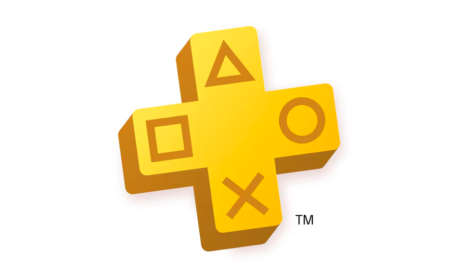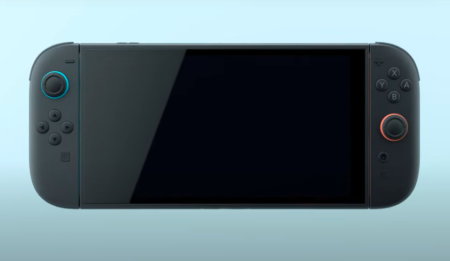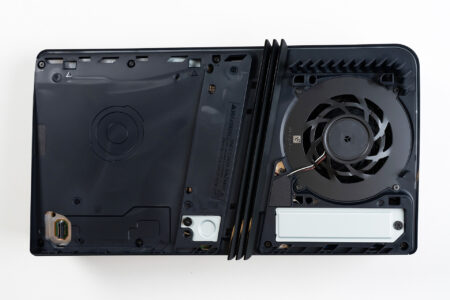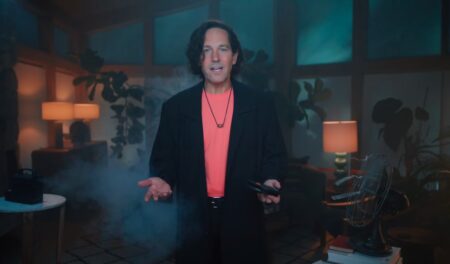The European Court of Justice has favored UK peripherals company Datel in its legal battle against Sony. The case, which began in 2012, revolves around Datel’s Action Replay cheat software for the PlayStation Portable (PSP).
Sony initiated the lawsuit in German courts, claiming Datel’s Action Replay infringed on its rights to authorize changes to game software. The tech giant pointed to examples of cheats provided for games like MotorStorm: Arctic Edge, which allowed players unlimited boosts.
The German Federal Court of Justice observed that Action Replay doesn’t alter the object code, source code, or internal structure of Sony’s software. Instead, it temporarily modifies the content of variables transferred to the console’s RAM during gameplay.
Seeking clarification, the German courts turned to the European Court of Justice to interpret the 2009 European Parliament directive on legal protection for computer programs. The European Court agreed with the German courts’ interpretation.
The European Court stated that the variable data transferred by a computer program to a computer’s RAM, used during program execution, doesn’t fall under the specific protection of the directive. This is because such content doesn’t enable the program to be reproduced or created later.
Sony had sought to ban Datel from marketing Action Replay products and requested compensation for alleged losses. However, due to the European Court’s decision, German law will now close the case.
Legal Experts Weigh In
While this ruling might seem like a victory for cheat software developers, legal experts caution against premature celebration. Dr. Andreas Lober, partner at ADVANT Beiten, explained that the Court only ruled on one specific issue: whether changing program variables qualified as unauthorized modification.
Lober noted that when publishers of multiplayer games take action against cheat software providers today, they typically rely on other legal grounds not affected by this decision, such as breach of End User License Agreements (EULAs) and unfair competition.
Kostyantyn Lobov, partner and co-head of the Interactive Entertainment group at Harbottle & Lewis, emphasized that this ruling pertains to a very specific point. It addresses whether variables temporarily stored in a device’s RAM can be copyrighted, as opposed to the copyright of the game code itself.
Lobov stressed that numerous reasons remain why creating, promoting, selling, and using third-party software that interacts with game code could be unlawful. The distribution and use of such software often involves other acts of copyright infringement and breaches of the game’s Terms of Use.
He added that this decision doesn’t affect the enforceability of other intellectual property rights, such as utility patents and trademarks. Lobov concluded that third-party software used for cheating, modding, or tampering with games will still be unlawful in many cases, and rights holders have various tools to address these issues.
The Progression of Cheat Software
Since the release of Action Replay and the PlayStation Portable, cheat software has undergone important changes. Recent legal battles highlight the ongoing challenges faced by game companies.
Earlier this year, Bungie won a $4.3 million lawsuit against cheat provider AimJunkies. In another case, Activision was awarded $14.4 million in damages from its legal fight with EngineOwning.
These cases show that even though the European Court’s decision affects some parts of cheat software, game companies are still taking legal action against its providers. The legal status of cheat software is still complicated, and game developers and publishers use different methods to protect their rights and ensure fair gameplay.
Read this also: Is the Gaming Industry Focused on the Wrong Thing?





